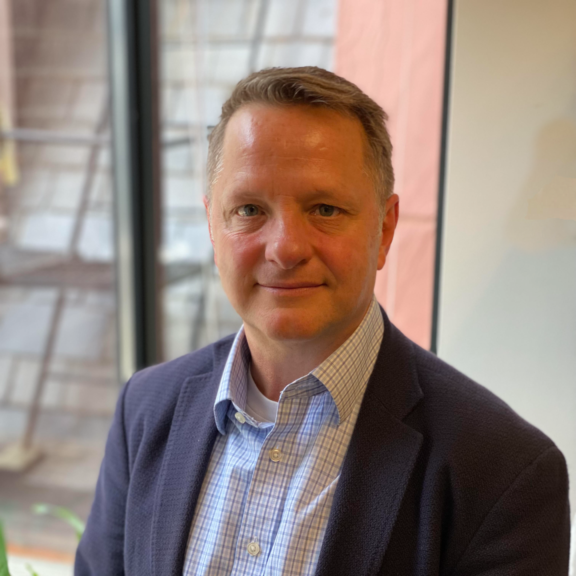
Public Knowledge Government Affairs Director Greg Guice will testify before the U.S. House Committee on Energy & Commerce Wednesday, March 16 at 10:30 a.m. His testimony in the hearing on “5G and Beyond: Exploring the Next Wireless Frontier” will argue that we must use every spectrum access tool available – along with expert agency coordination – to meet the nation’s growing spectrum demand. The testimony will also urge Congress to ensure that our spectrum policy prioritizes the public interest as we move into the next wireless frontier.
The following is an excerpt from the testimony:
“The environment for exploring spectrum opportunities has greatly evolved over the last few decades. The ‘connectivity revolution’ has changed the way we engage with our world. [T]he number of connected devices per home rose from 11 in 2019 to 25 by 2021 – a growth of over 100% in 3 years. That number is shocking until we consider the devices beyond our smartphone and laptop that are now connected. Televisions, watches, earbuds, speakers, doorbells, and alarms all rely on a connection to spectrum, much of which depends on unlicensed technologies.
“Similarly, demand for internet access has continued to grow. In a report released by the Federal Communications Commission last week, internet connections overall (fixed and mobile) increased by about 4.7% in 2019 to 449 million, with mobile connectivity increasing by 5.1% to 336 million. Consumers rely on their mobile devices for so much, spending on average five hours a day on them to check email, shop, make calls, and surf the web.
“That demand on unlicensed and licensed spectrum underscores just how critical it is that we continue to search for new spectrum opportunities using a mix of access regimes. Additionally, incumbent holders of spectrum need to evaluate what their true needs are and consider whether they may be able to share during times when they are not using it or in geographic places where they no longer need it to further promote more efficient use of spectrum they hold.
“The core of the FCC’s responsibility over spectrum is to ensure that every allocation serves ‘the public interest, convenience, and necessity.’ This means more than simply making spectrum available for new services. It includes ensuring that all members of society enjoy the benefits of these new spectrum technologies – both as consumers and as creators and innovators. [R]ural communities, low-income communities, and communities of color have long suffered from digital exclusion. Congressional and FCC spectrum policy must explicitly focus on mobile digital inclusion as well as bringing fixed broadband into every home.
“In addition, the last five years have seen an increase in concentration in wireless services. Thanks to the merger of T-Mobile and Sprint, we have gone from four national, facilities-based carriers to three. It is tempting to view promoting digital inclusion and competition as separate from spectrum policy. This would be a tremendous mistake. Spectrum policy should serve the public interest… to provide access to all Americans to wire and radio service, with adequate facilities at reasonable charges.
“This focus on the public interest should begin with the distribution of new spectrum licenses and continue throughout the spectrum ecosystem. It includes ensuring that wireless providers build out their networks to all Americans or make room for community-based providers who will serve local communities the larger carriers do not consider adequately profitable. It must include requiring that networks work together to maintain operations during crisis and disasters – both natural and man-made. It must include adequate security in the face of a world populated with both criminals and hostile nations eager to compromise our communications infrastructure to advance their own ends.
“As we venture into this next phase of the wireless frontier, we should ensure that our spectrum policy prioritizes the public interest needs we face. By ensuring all are connected and have the tools they need, we will help realize the full benefits of greater connectivity.”
You may view the testimony.
Members of the media may contact Communications Director Shiva Stella with inquiries, interview requests, or to join the Public Knowledge press list at shiva@publicknowledge.org or 405-249-9435.